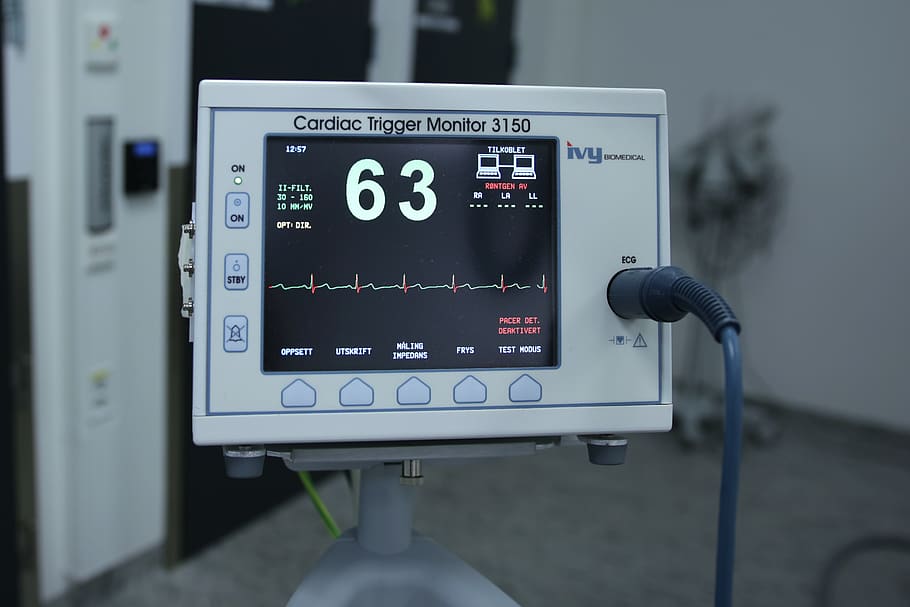August 16, 2024 — A groundbreaking study has brought researchers closer to understanding why exercise enhances brain function, shedding light on potential therapeutic avenues for cognitive health. This discovery, which focuses on the mechanisms linking cardiovascular exercise to cognitive improvement, could pave the way for new treatments that replicate the cognitive benefits of physical activity without requiring moderate-intensity exercise.
Led by a team of international researchers, the study highlights the critical role of dopamine, a neurotransmitter and hormone commonly associated with feelings of pleasure, satisfaction, and motivation. Previous research has already established dopamine’s significant role in various conditions, including Parkinson’s disease, schizophrenia, ADHD, addiction, and depression. The latest findings suggest that dopamine is a key player in the cognitive benefits observed after exercise.
Associate Professor Costello from the University of Portsmouth, a co-author of the study, emphasized the broader implications of this research. “Not everyone is able to reap the benefits of physical activity—like faster reaction times—because of injury or disability. If we figure out exactly what it is that causes cardiovascular exercise to improve cognitive performance, then we can potentially replicate this and remove the need to do moderate-intensity exercise,” he explained.
One of the most compelling insights from the study involves the role of the sympathetic nervous system, which is typically activated during moderate-intensity exercise. According to Soichi Ando, Associate Professor in the Health & Sports Science Laboratory at the University of Electro-Communications in Japan, “These latest findings suggest that standard central neural activity—which happens during low-intensity and forced movement—isn’t enough to cause improved reaction time. Instead, it may be—at least in part—the result of enhanced sympathetic nervous system activity.”
The sympathetic nervous system is well-known for its role in responding to stress, preparing the body to react swiftly to dangerous situations by increasing heart rate and blood flow to essential areas. The study indicates that this response may be a crucial factor in the cognitive enhancements seen with exercise.
Despite the promising results, the researchers acknowledge limitations in their study, particularly the small sample size. They recommend further studies involving a more diverse range of participants, including women and older individuals, over a more extended period, to validate and expand upon these findings.
The study, published in the European Journal of Applied Physiology, is a collaborative effort between several institutions, including The University of Electro-Communications, Meiji Yasuda Life Foundation of Health and Welfare, and Setsunan University in Japan, along with the University of Portsmouth in England.
As the scientific community continues to explore the intricate relationship between exercise and cognitive function, these findings offer hope for new therapeutic pathways that could benefit those unable to engage in physical activity due to health limitations.
For more information, refer to the original research by Mizuki Sudo et al., titled “Effects of voluntary exercise and electrical muscle stimulation on reaction time in the Go/No-Go task,” available in the European Journal of Applied Physiology (2024). DOI: 10.1007/s00421-024-05562-8.











